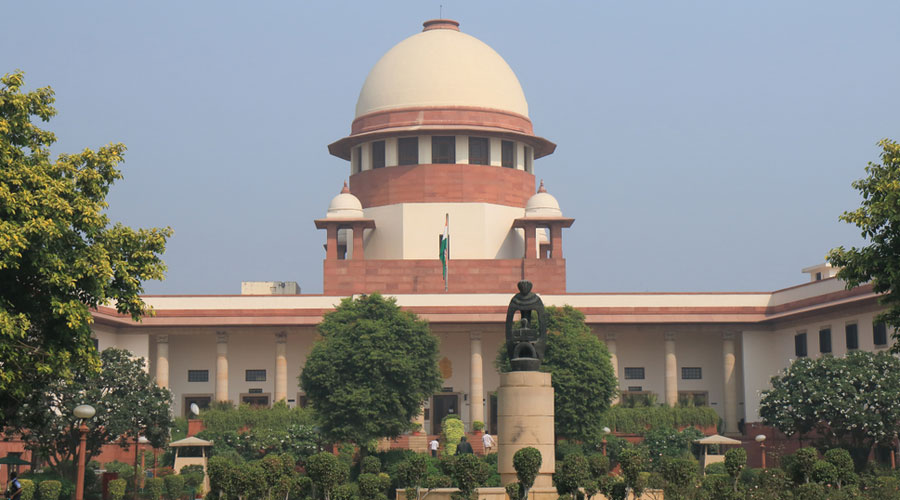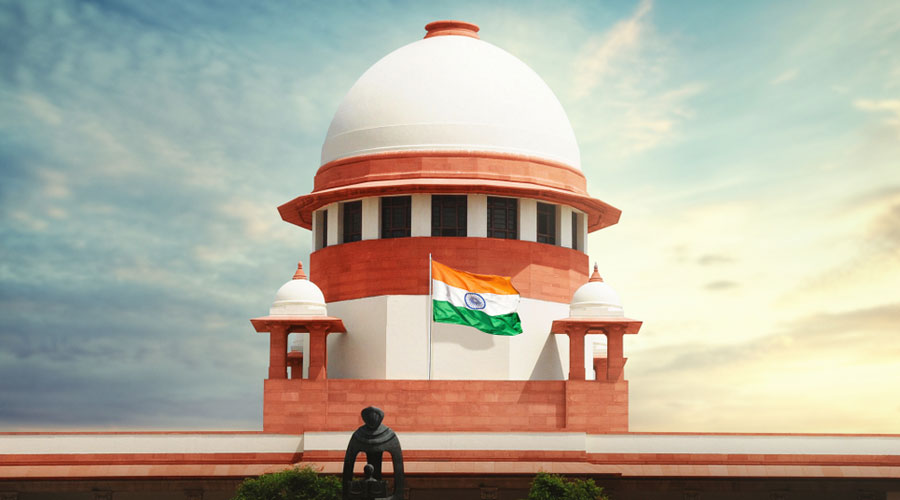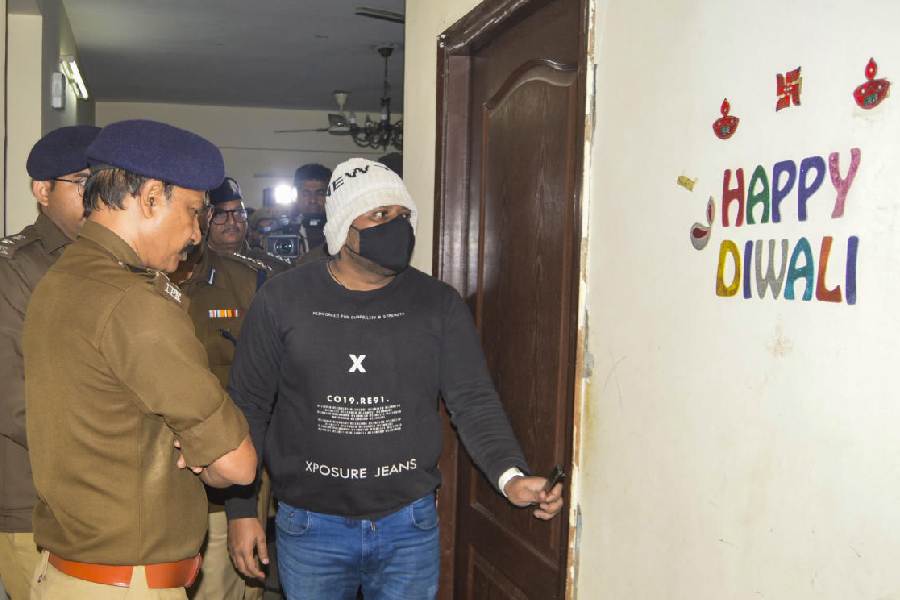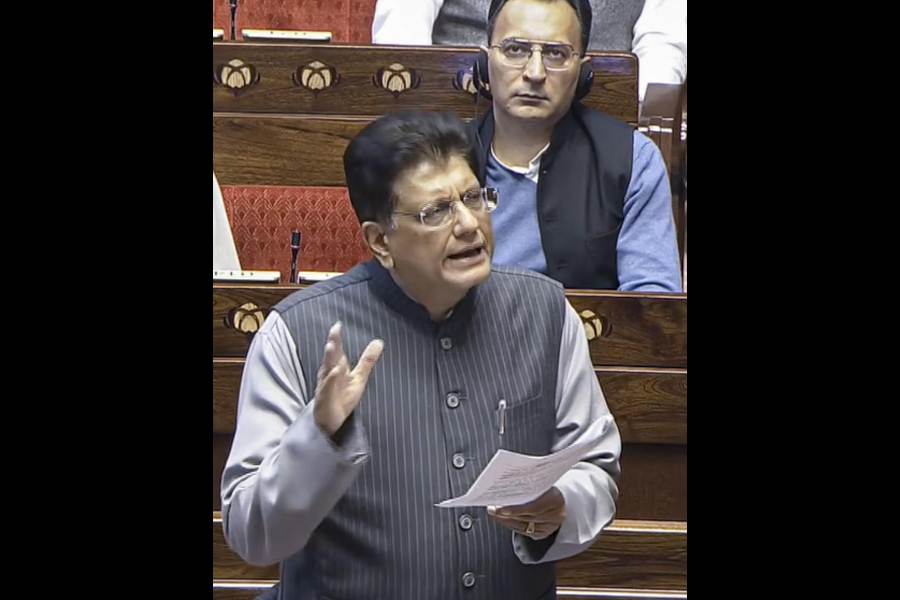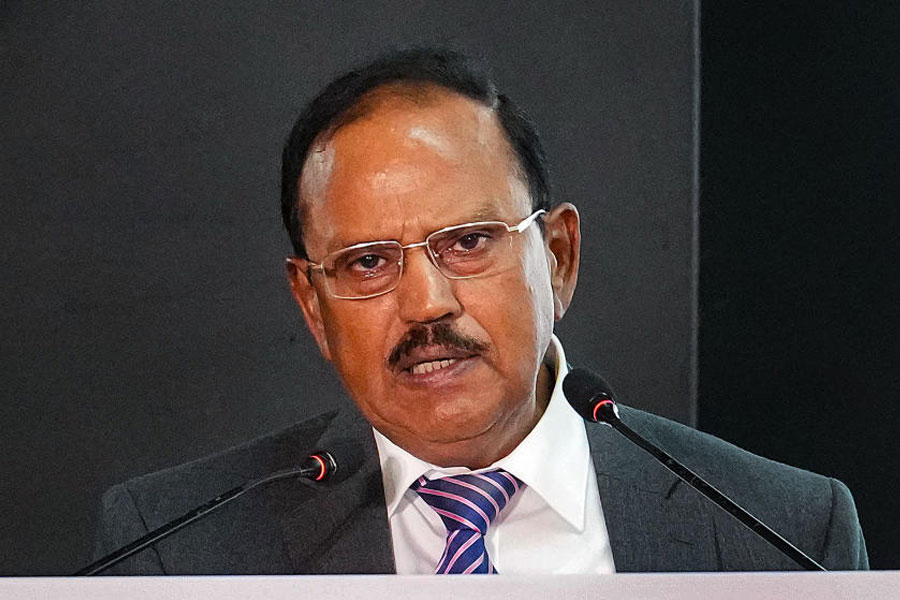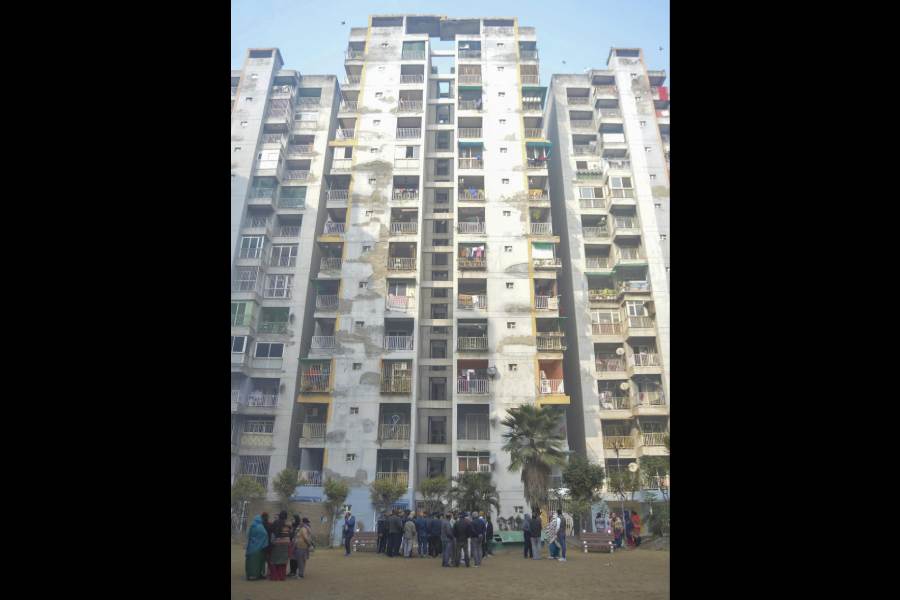The Supreme Court on Thursday quashed the FIR registered against Shillong Times editor Patricia Mukhim over her Facebook criticism of Meghalaya’s chief minister and officials for failing to prevent attacks on non-tribals, ruling “free speech” cannot be stifled by implicating people in criminal cases.
“Disapprobation of governmental inaction cannot be branded as an attempt to promote hatred between different communities,” the bench of Justices L. Nageswara Rao and S. Ravindra Bhat observed.
“India is a plural and multicultural society. The promise of liberty, enunciated in the Preamble, manifests itself in various provisions which outline each citizen’s rights…,” it said.
The Supreme Court added: “They (the citizen’s rights) include the right to free speech, to travel freely and settle (subject to such reasonable restrictions that may be validly enacted) throughout the length and breadth of India.”
It set aside a Meghalaya High Court judgment of November 10 last year that had refused to quash the FIR saying Mukhim’s post had “sought to create a divide to the cordial relationship between the tribal and non-tribal living in the state of Meghalaya”.
Mukhim had in a Facebook post on July 4 last year questioned chief minister Conrad Sangma’s and his officials’ failure to act against tribal youths who had the previous day brutally assaulted a group of non-tribal youths on a basketball court.
“Why should our non-tribal brethren continue to live in perpetual fear in their own state? Those born and brought up here have as much right to call Meghalaya their state as the indigenous tribal does,” she had said.
Following a local complaint filed by the Dorbar Shnong (traditional village council) of Lawsohtun, Shillong police registered a case against her under penal code sections 153A (promoting enmity between groups) and 505 (making statements conducive to public mischief), which can bring jail terms of up to three years.
Quashing the FIR, Justice Rao, who authored the Supreme Court judgment, said the allegation that her post would “incite communal tension and might instigate a communal conflict in the entire state is only a figment of imagination”.
Later in the day, Mukhim told The Telegraph in a text message that the judgment had vindicated her position and that of many others who stood up for the truth and human rights.
“It also reminds us all that the right to freedom of expression as guaranteed by the Indian Constitution has been safeguarded by the apex court,” she said.
The Supreme Court said the journalist’s plea for the protection of non-tribals living in the state could not by any stretch of imagination be classified as hate speech.
“It was a call for justice — for action according to law, which every citizen has a right to expect and articulate. Free speech of the citizens of this country cannot be stifled by implicating them in criminal cases, unless such speech has the tendency to affect public order,” the court said.
“The intention has to be judged primarily by the language of the piece of writing and the circumstances in which it was written and published.... (and) must be read as a whole. One cannot rely on strongly worded and isolated passages.... The Facebook post read in its entirety pleads for equality of non-tribals in the state of Meghalaya.”
Quoting former US President and liberal thinker Thomas Jefferson, the court observed: “It is of utmost importance to keep all speech free in order for the truth to emerge and have a civil society.”
The court noted that sometimes local people’s resentment of settlers can lead to hostility or violence.
“In such instances, if the victims voice their discontent, and speak out, especially if the state authorities turn a blind eye, or drag their feet, such voicing of discontent is really a cry for anguish, for justice denied — or delayed. This is exactly what appears to have happened in this case,” the court said.
“The attack upon six non-locals, carried out by masked individuals, is not denied by the state; its reporting too is not denied.”

